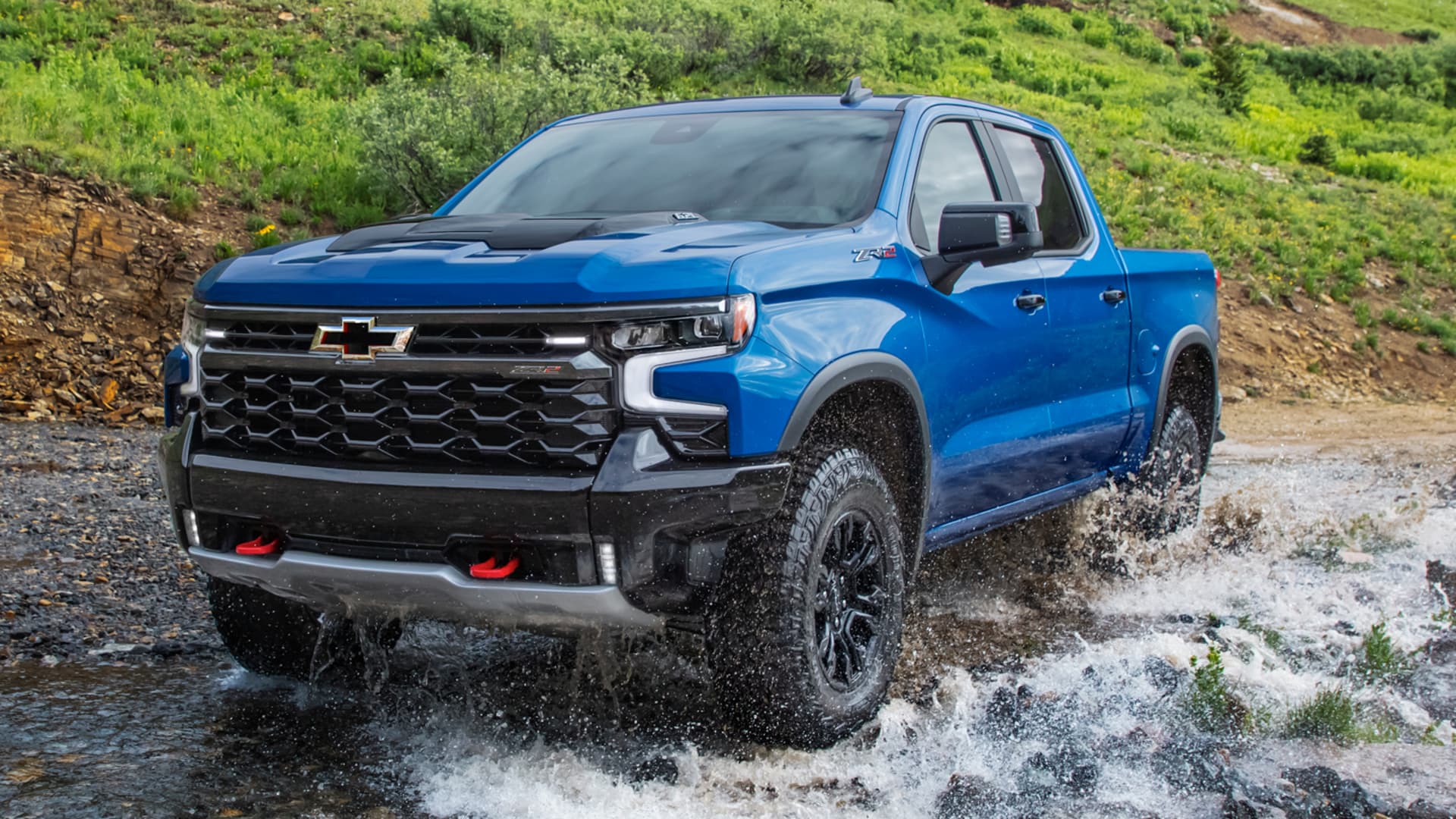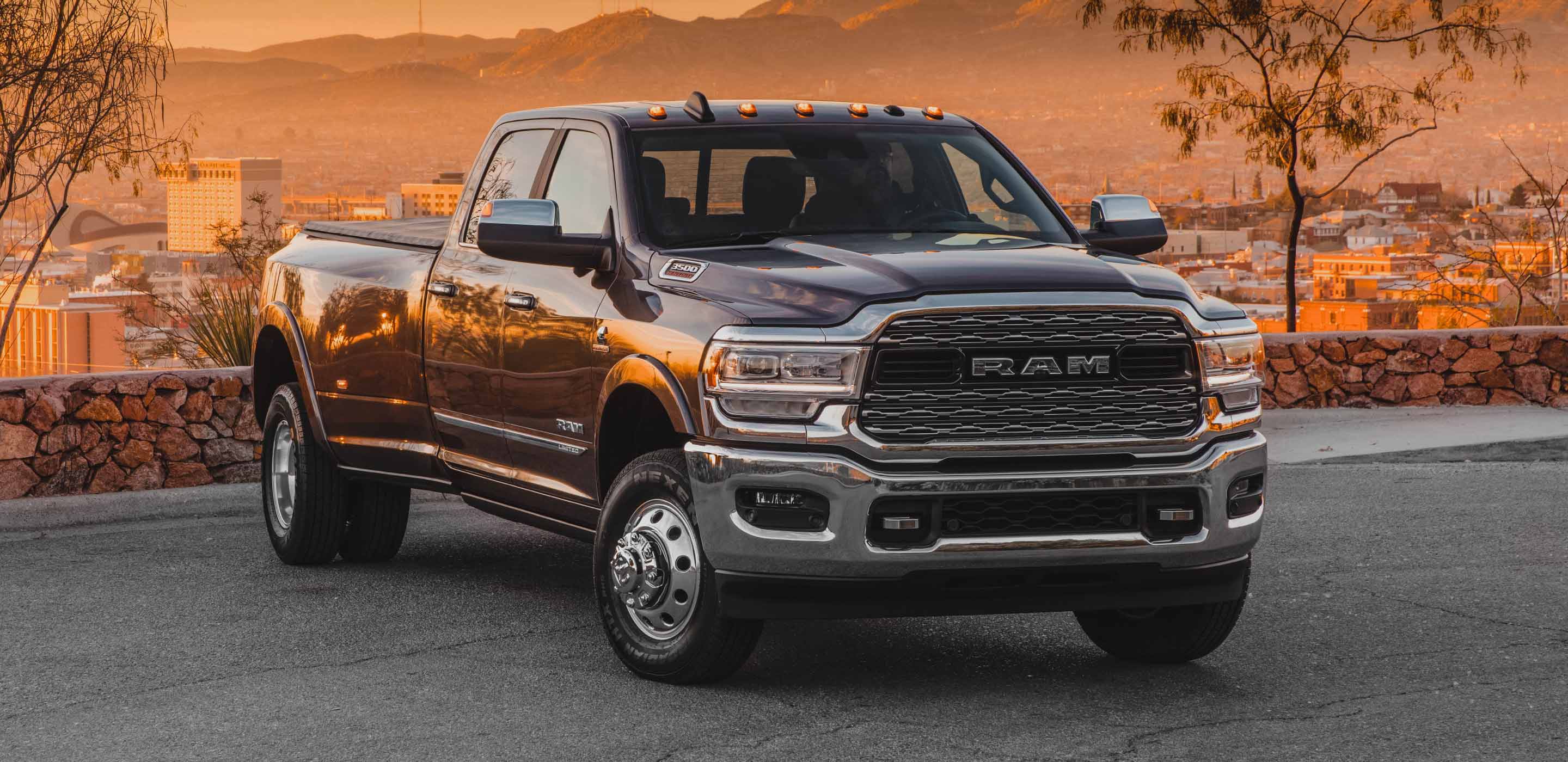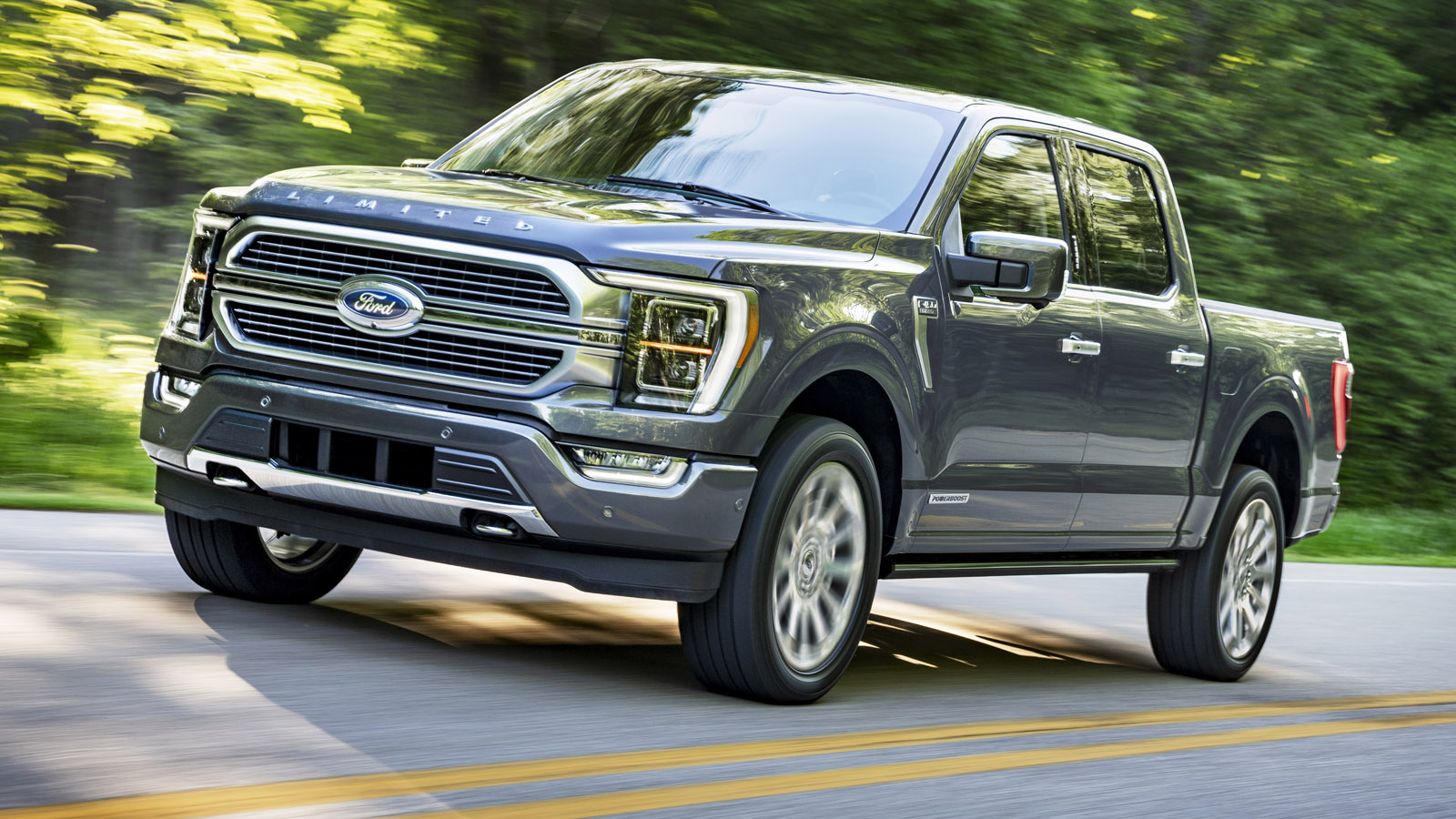The scrutiny around the compression-ignition of diesel engines makes one think diesel engines are bad things, but generally, as in all phases of life, there will always be good and bad sides. In this article, we will be looking at the topic of whether owning a diesel engine is worth it or not. Stay tuned. Is Owning a Diesel Truck Worth it?
A diesel truck is worth it if you do a lot of towing or hauling. Diesel engines have more torque than gasoline engines, so that they can handle heavier loads. And, if you frequently drive in stop-and-go traffic, a diesel truck can be a wise investment since it saves fuel.
There are a lot of factors to consider when trying to determine whether or not owning a diesel truck is worth it. The initial cost of a diesel truck is often higher than that of a comparable gasoline model, but diesel typically offers better fuel economy.
In addition, diesel trucks tend to have higher resale values and can often last longer with proper maintenance. But all in all, choosing between a diesel or petrol engines banks on personal needs and wants.
But with all the hassles attached to owning a diesel car/truck, from the issues with dealers to high maintenance costs and the other minors (such as those heavy rattlings and noises), owning a diesel truck might not be worth it.
Is Owning a Diesel Truck Worth it?
Diesel trucks are becoming increasingly popular, but are they worth the investment?
Here are the most crucial 2 things to consider before you make the switch to a diesel truck:
1. Cost of Ownership:
Diesel trucks generally cost more to purchase than their gasoline counterparts. However, they also tend to have a longer lifespan and better resale value. So, if you plan on keeping your truck for a long time, a diesel truck may be the way to go.
2. Fuel Economy:
Diesel trucks get excellent fuel economy thanks to their efficient engines. So you’ll save money in the long run with diesel engines if you drive a lot.
Why Diesel Engines Might Not Be Worth the Hype:
Resons Why Diesel Truck is NOT Worth | Resultant Issues/Definition |
High cost | Getting a diesel engine comes at a higher price in comparison to gas engines, as you will have to pay $10,000 higher for an equivalent diesel engine. |
Diesel unavailability/scarcity | Diesel is hard to find in some regions, based on one reason or another. People living in remote areas definitely should not consider getting a diesel-powered vehicle if they don’t want to suffer. |
High repair costs | With diesel engines, it’s always something, be it the fuel injector, injector pumps, or any other thing, one thing always gets faulty and you have to change them, and not a minimal cost, as parts of diesel engines are costlier. More batteries, bigger heavy components, etc are all big issues that hit a sledgehammer on your wallet’s head. |
Starting in Cold Weather Issue | In cold weather, getting your diesel vehicle on the road might be a bit of a problem as the diesel fuel might get jelled up, leaving your vehicle in a bit of disarray. |
Noise, Rattles, and Smoke | Most diesel engines definitely without an atom of doubt, produce a rather disturbing noise that even makes one think that the vehicle will tear itself apart from the rattling sound it does make. The smoke emitted from diesel engines too is sick. |
Diesel engines, without a doubt, perform very well when it comes to power, reliability, longevity, and alikes, but the sides to using diesel engines are not all roses.
Below are a few reasons why you might not want to buy a diesel truck:
1. Overpricing and Availability:
Diesel trucks these days have sadly gotten to be quite expensive. This might be traced to the sudden self-induced "scarcity" by dealers and co. You'd probably have to overpay for them diesel engines if you would like to get your hands on one, as owners that have even used their trucks for a lifetime will slap a price of around 20k bucks on their vehicles and make it seem like a diamond in the rough.
Well, that’s not true because diesel engines only last long if they are well cared for.
2. Fuel Costs:
Diesel fuel is costlier than gas, and it is posing to get more expensive as time goes by. This can be traced to the reality that most factories’ engines use diesel fuel.
3. Added Maintenance Costs:
Compared to your standard gasoline engines, air filter changes are required more often/faster with diesel engines. In addition, other maintenance/precautionary acts like draining the water separator, adding additives after every fill-up, and getting clean diesel are all essential.
Getting clean diesel will help prevent adverse effects on your engine, especially if your truck has CP4 pumps.
You also want to keep up with your oil changes because you do not want to run your truck on old oil for an extended period. Also, all fluids going into your diesel-powered engine must be clean to avoid engine damage that might occur one way or the other; this, in the long run, makes your truck last long.
4. Starting Struggles:
Diesel engines can have a hard time starting in winter since diesel gets colder and denser in cold environments, although this is not a problem with newer engines.
5. EPA Restrictions:
The laid-down EPA ratings for these trucks are part of the reasons not to go for a diesel-powered vehicle. With diesel engines, you have the EGR and CCV that puts all the "nastiness" in the engine oil back into the turbo, which leaves you to have your oil re-burnt, and this, in turn, makes oil gets everywhere throughout your piping and intercoolers which is a bit "nasty."
DPF and DEF fluids are also in place to reduce this nastiness and make the engine run cleaner out of the tailpipe, but this can shorten the life of the truck all over.
“Ideally,” if this nastiness could be removed, it would have been great, but the choke slam by the EPA ratings on diesel engines would be a significant problem if you are not mechanically inclined.
Pros And Cons of a Diesel-Fueled Vehicle:
Diesel Truck- Pros | Dirsel Truck- Cons |
Nice Fuel Economy The diesel engines provide an incredibly low fuel consumption on the highway, which might be better than the hybrid engines that claim to be better with fuel consumption around town. | Diesel trucks can be more expensive to maintain than their gasoline counterparts. |
Low-End Torque The torque produced by these cars (fostered by their fuel economy) makes them suitable for towing. They also make way for more efficient acceleration when you floor the tiny gas pedal. | Diesel trucks tend to be noisier than gasoline trucks, so a diesel truck might not be the best choice if you're looking for a quiet ride. |
Diesel trucks tend to emit more fumes than gasoline trucks, and this is because they do not have an ignition system, as they use higher compression inside of them to self-ignite the diesel fuel. So, with this, there is always this type of incomplete combustion. So if you're concerned about the environment, a gasoline truck might be a better option. |
Things to Consider When Buying a Diesel Car:
1. Noise:
Many think of diesel engines as soot-spewing tractor engines, which does not make them better. But this claim is nothing but a stigma, as the reality is that the new ones like the straight six, which you can get in the GMC Sierra and Chevy Silverado.
Also, when you are idling, there is still this familiar clattering sound, but trust me, they are not as they were before.
2. Diesel Exhaust Fluid:
This helps break down the nitrogen oxide emissions released by diesel, which is about as easy to top up as your washer fluid. But this is an added expense and a little bit of added inconvenience.
3. Availability of Diesel in Your Region:
Before you get that beautiful diesel truck you have your eyes on, check to see if diesel is available in your region. It’s not as hard to come by as hydrogen but not every gas station has it, especially in the cities. It can also be more expensive than regular gasoline.
Mileage of Diesel Trucks Compared to Regular Petrol Trucks:
Diesel engines generally have better gas mileage compared to gasoline engines. For example, on a 30-mile trip, if a gasoline engine truck gets to consume 10 gallons, a diesel engine will only consume 3; that is how efficient a diesel engine can be.
Diesel engines also have much more pressure inside them, almost twice that of gasoline engines. They are also much heavier since they are the “big guns.”
However, this claim of diesel engines having better fuel mileage than gasoline engines has been “pulled down” by the invention of gasoline engines coupled with sophisticated engines with variable valve timing and very complex fuel injection systems. And with that, these new gasoline engines get almost the same fuel mileage as their diesel counterpart.
The table below shows the breakdown of factors that affect the price of diesel and gasoline in the States:
Attributes | Diesel | Gasoline |
Taxes | 16% | 20% |
Distribution & Marketing | 33% | 20% |
Refining | 13% | 6% |
Crude Oil | 38% | 54% |
Recommended Diesel Engine Types & Brands
- 6.7 power stroke
- 12-valve 5.9 Cummins
- 24-valve 5.9 Cummins
- 6.7 Cummins
- 7.3 power stroke
- 6.0 power stroke
Difference Points Between Diesel Engine and Gasoline Engine:
Truck Attributes | Diesel | Gasoline |
Engine Type | 4-stroke | 4-stroke |
Ignition | Compression | Spark Plug |
Throttle Body | Absent | Present |
Brakes | Takes place during compression | Occurs concerning the throttle body |
Recommended Diesel Engine Brands:
1. Chevrolet Silverado:

2. Ford Super Duty:

3. Ram 3500:

4. Ford F-150:

How Diesel Engine Works:

In a 4-stroke diesel engine, there are 4 different compartments: the intake stroke, the compression stroke, the power stroke, and the exhaust stroke.

- The process starts with the intake stroke, as it descends to allow air suction into the cylinder through open-air intake valves. Then, as fuel is injected, this is followed by the compression stroke, where the valve closes, and the piston goes back up the cylinder to compress the air-fuel mixture.
- This mixture is then ignited to force the piston down the cylinder by the power stroke. Then finally, the exhaust stroke finishes the chain process by pushing the ignited fuel and air mixture by the piston outside the cylinder through the exhaust valves.
This stated process is how gas and diesel engines operate, but diesel engines use self-ignition.
The air-fuel mixture in diesel engines is ignited by when the self-ignition temperature is reached, a point where the air-fuel mixture is ignited without the use of a spark plug, solely due to compression. This is achievable because the higher the compression, the greater the temperature.
So based on the fact that diesel engines lack spark plugs and use a self-ignition method, they are coupled in a way that there will be a higher compression ratio within their cylinders compared to gasoline engines.
Compression Ratio:
Simply put, it is the ratio of the maximum to the minimum volume in the cylinder. This means that for a compression ratio of 5:1, when the piston is at its lowest point, there is 5 times as much volume as when it is at its highest point.
Although, the fact that diesel engines use high compression for ignition and that petrol engines use spark plugs is not valid for all these modern oil burners.
However, another big difference between diesel and petrol engines is that a petrol engine has a throttle body, while diesel engines lack a throttle body. This means that when you step on the gas pedal, the fuel injectors supply more diesel to give rise to the production of more power.
But with petrol engines, when you step on the accelerator, you open the throttle body and allow more air to flow into the engine. And more air means the injectors send in more fuel, and more fuel means more power.
Another difference between diesel and petrol engines is the way braking takes place. In petrol engines, when you lift your leg off the throttle, the body closes, creating a vacuum between the throttle body and the cylinders to slow the car down.
While in diesel engines where the throttle body is absent, braking is carried out during the compression stroke's activity, where the exhaust valve is opened to allow pressurized air flow out of the cylinder So the loud sound you hear when you step on your diesel-powered vehicle's brake is because you hear that escaping compressed air escape.
Though diesel cars and trucks may cost more upfront, they're often worth it in the long run. Diesel is a richer source of usable energy than gasoline. According to the Department of Energy, diesel motors typically get as much as 35% more miles to the gallon. More torque.
Final Thought:
If you’re going to be towing and driving a lot, the diesel truck is for you. Rather than it being just out of preference, now there are many good reasons to get one!
On the flip side, if your daily drives are short and you only tow occasionally, then a gas alternative might be better. The gasoline engine is cheaper, easier to maintain, and gives you a quicker throttle response.
Diesel engines feel fantastic to drive with a heavy load, but in day-to-day driving, you may not need to carry heavy loads.
Start by testing several truck models. Look at what they offer in terms of engine and other features. The best way to choose is based on your needs as a driver, and you’ll find the right one for you.
Also Read:
Why Does My Truck Shake If I Put it in 4-Wheel Drive?
Do All Terrain Tires Make Your Truck Shake?
Can You Put Mud Tires on a 2WD Truck?
Frequently Asked Questions (FAQs):
Do I need a diesel truck?
It depends on your needs. For example, if you do a lot of towing, you should go for a diesel engine, but if you need a vehicle for in-town running, you might not want to go it.
How many miles will a diesel truck last?
Diesel trucks have a very long lifespan if well cared for. But all the same, they tend to last longer than gasoline engines, except for these new ones that tend to move to the diesel engine levels in all ramifications.
Is it worth buying a diesel engine anymore?
The costs of diesel lately have been very discouraging, but if you do a lot of hauling or towing, you might want to put that aside and go for the diesel engine. Luckily, they do not even consume fuel that much.

This is Surya. I am an experienced off-roader. I have been off-roading for many years across several terrains. I am passionate about 4×4 driving and want to share my knowledge and experience with others.
My goal is to provide you with the most comprehensive and unbiased information about off-roading.
I curated this article through my personal experience and expertise, and I hope it helps you with what you are looking for.

 (+91)9123743026
(+91)9123743026
 24/1 Nibedita Sarani. M.B. Road, Kolkata- 700051, India
24/1 Nibedita Sarani. M.B. Road, Kolkata- 700051, India